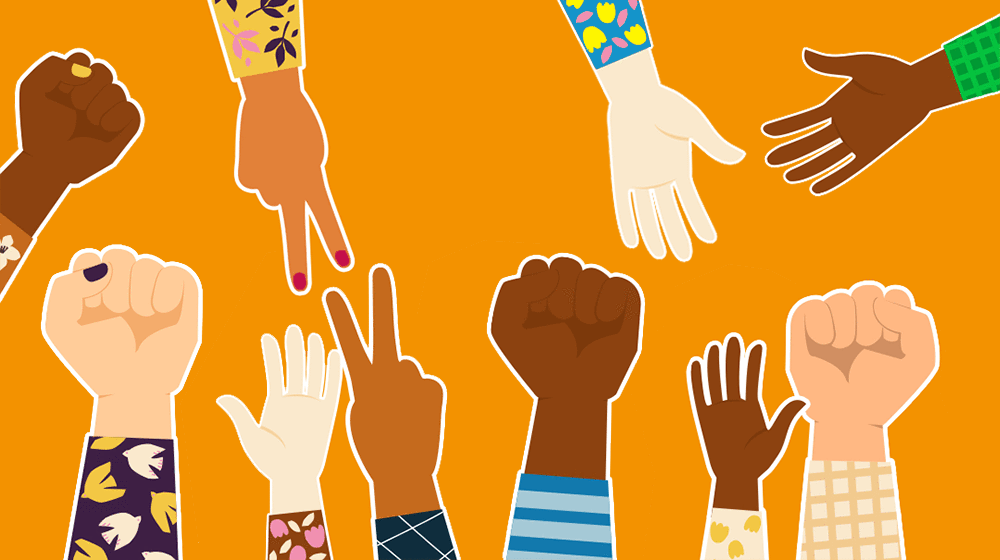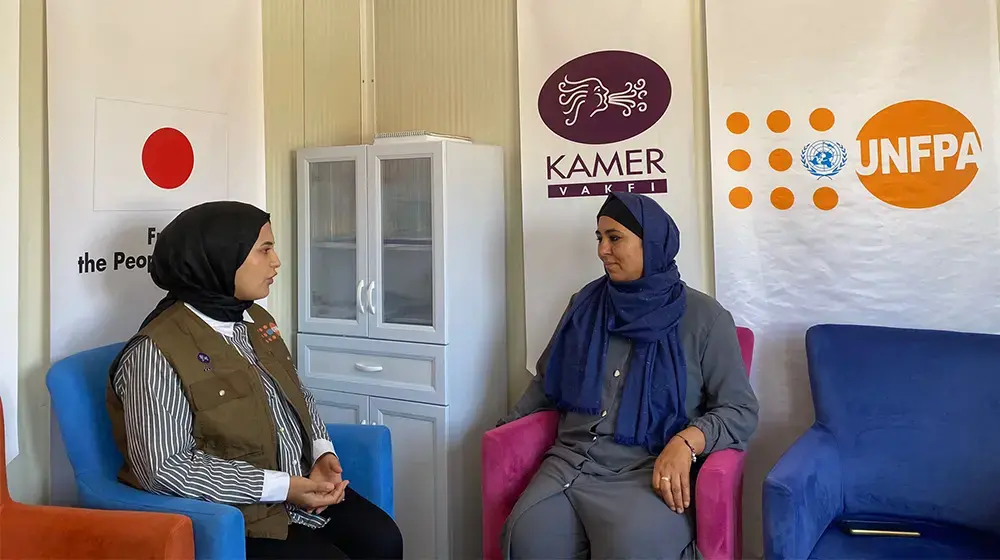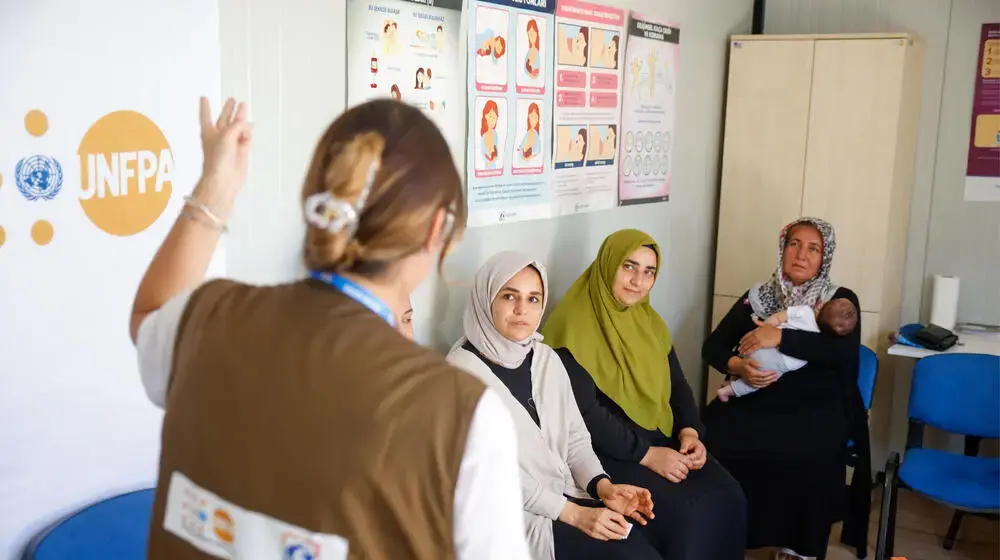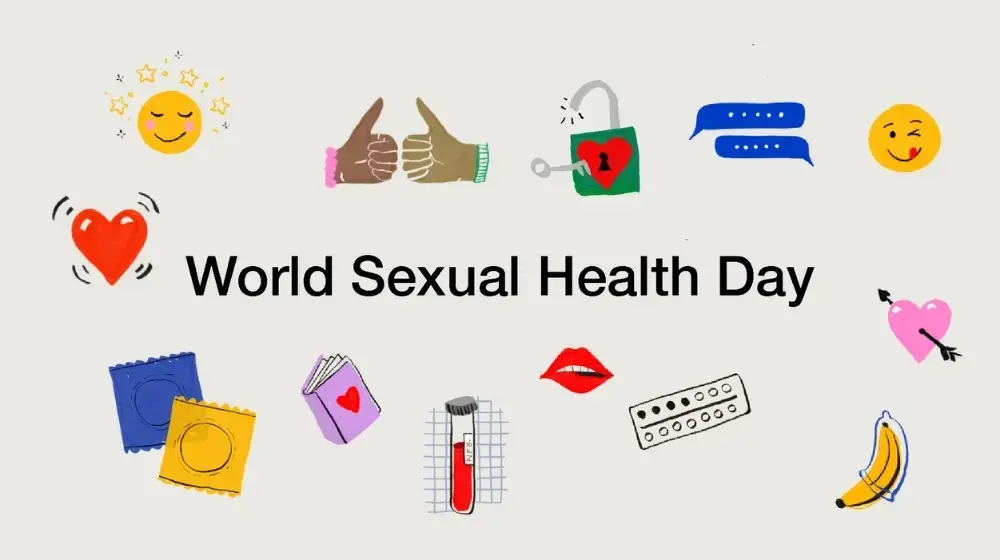ANKARA, Turkey – Officially, the COVID-19 pandemic has sickened 11 million people and left more than half a million dead. But the full toll of this catastrophe has been incalculably greater. Health systems have been overwhelmed. Economies have been shuttered. And women and girls have been disproportionately affected, with sexual and reproductive health services being curtailed and gender-based violence on the rise.
Today, 11 July, is World Population Day, a moment to raise awareness of the sexual and reproductive health needs of people around the world. This year, UNFPA is calling attention to the needs and vulnerabilities of women and girls amid the global pandemic, and the efforts needed to secure their health and human rights.
“No organization or country can do this alone,” said Dr. Natalia Kanem, UNFPA’s Executive Director, in a statement.
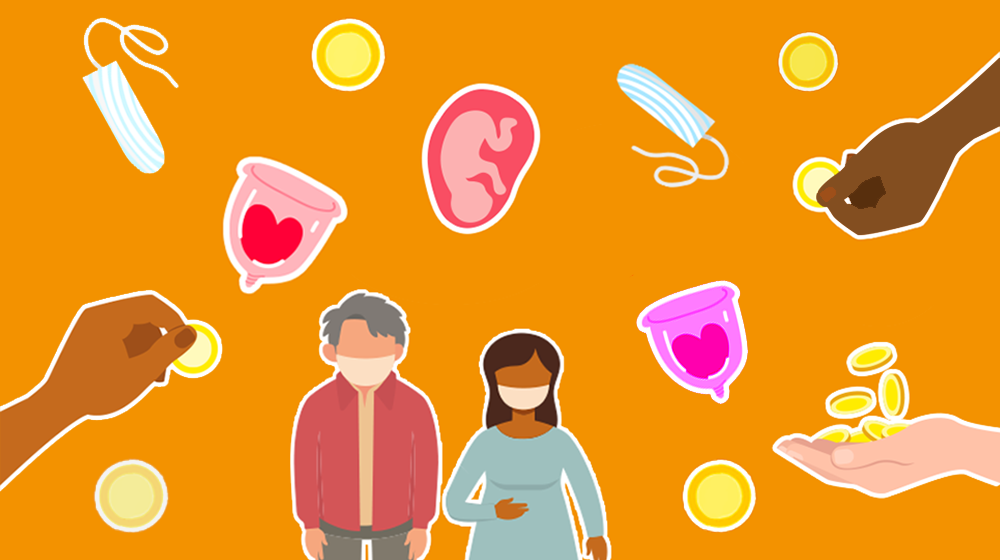
Heightened risks to women
Around the world, women face a variety of heightened risks due to the pandemic.
Front-line health workers – the majority of whom are women – face a direct risk of illness from COVID-19, for instance. But even women and girls outside the health sector can face risks. Those requiring sexual and reproductive health services can face anxiety about exposure to the virus while seeking care, or they may forgo care entirely. Other women are not able to receive care at all due to movement restrictions and curbed health services.
Many hospitals and health centres have reported a decline in the number of women and girls receiving critical sexual and reproductive health services, including antenatal services, safe delivery services and family planning care.
UNFPA and partners estimate that six months of significant health service disruptions could result in 47 million women in low- and middle-income countries going without contraceptives, leading to an additional 7 million unintended pregnancies. The number of maternal deaths is expected to increase.
UNFPA is working to sustain continued access to reproductive health services and supplies.
In this context, UNFPA Turkey Office has published several guides regarding sexual and reproductive health, safe motherhood, childbirth, and prenatal and postnatal care in the field as well as guides for adolescents and young people, the elderly, and people with disabilities in times of COVID-19. In addition, it has continued to support screening and fieldwork in cooperation with relevant organizations and provided personal protective equipment to service providers and hygiene kits in areas in need. UNFPA Turkey Office has also continued to support COVID-19 research studies to measure the impact of the epidemic.
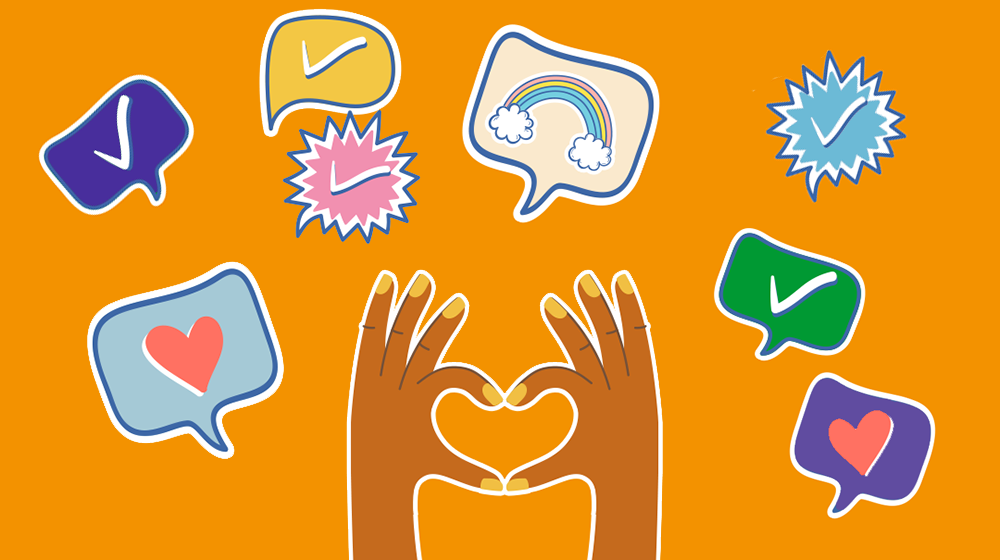
Gender-based violence
Rising household tensions, exacerbated by economic pressures and movement restrictions, are sparking violence around the world. Women sheltering at home with their abusers often have nowhere to turn. And new forms of violence may be increasing, including cyber violence.
UNFPA estimates that six months of lockdowns could lead to 31 million additional cases of gender-based violence, and an additional 15 million more cases for every three months the lockdown continues.
To make matters worse, access to shelters and in-person counselling has been limited by the pandemic. UNFPA and partners are working to continue services for survivors wherever possible, and to increase remote operations.
In Turkey, gender-based violence (GBV) prevalence is close to 40%. During the COVID-19 crisis, women and girls have become more vulnerable to domestic violence as a result of quarantine and isolation policies, coupled with deepening economic and social stress. According to NGO reports (Turkish Federation of Women’s Associations), there is an 80% increase in GBV cases, compared to 2019. Istanbul Police Department has stated an increase of 38%. UNFPA Turkey has responded to the shadow pandemic by communicating hotlines, and apps with social media campaigns through celebrities, supporting women’s NGOs and the private sector through technical reports and continuing its services to women refugees with its partners.
The world must redouble such efforts, Dr. Kanem said: “As the global community comes together in solidarity to survive this pandemic, we lay the foundation for more resilient, gender-equal societies and a healthier, more prosperous future for all.”

